Acidity Problems? 21 Home Remedies That Can Help
By Dr Prachi Garg +2 more

Get,

to manage your symptom
Get your,


4 Cr+ families
benefitted

OTP sent to 9988776655



You’ve successfully subscribed to receive
doctor-approved tips on
Whatsapp

Get ready to feel your best.

Hi There,
Download the PharmEasy App now!!


Register to Avail the Offer
Send OTPBy continuing, you agree with our Privacy Policy and Terms and Conditions

Hi There,
Sign up on PharmEasy now!!
Trusted by 4 crore+ families

OTP sent to 9988776655



You have unlocked 25% off on medicines




Code: NU25

Comments


Leave your comment here
By Dr Prachi Garg +2 more
Table of Contents
Acidity can hit at the most inconvenient times, leaving you with a burning sensation in your chest and discomfort. While occasional acidity is normal, frequent episodes can disturb your day-to-day life.
You don’t always need to reach for over-the-counter antacids. Here are some simple home remedies that can help relieve acidity and restore comfort.

Friendly Reminder: The information shared here is for educational purposes only, and the reader should consult a registered medical practitioner before implementing any changes to their health routine.
Acidity is often confused with other conditions. Here is a quick guide to understanding these terms better:
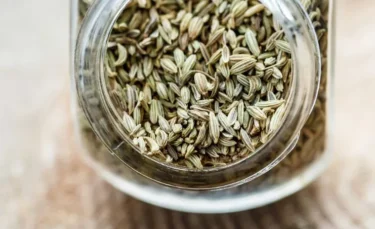
Fennel water may help ease acidity and related symptoms like heartburn and bloating while improving digestion.
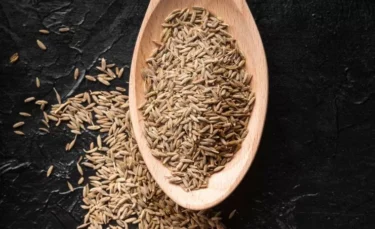
Chew cumin seeds directly or boil one teaspoon of them in a glass of water and drink it to relieve acidity. Black cumin seeds are gastro-protective. They are effective in reducing and preventing acidity and its symptoms like heartburn, pain, nausea, bloating, constipation, etc[5].
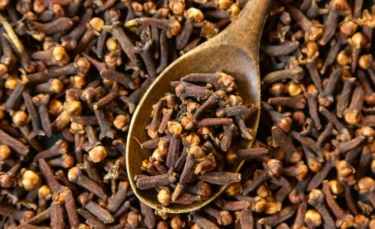
Chew and suck a piece of clove to get rid of acidity and its symptoms like flatulence, indigestion, nausea, gastric irritability, etc.

Drinking a glass of lukewarm water on an empty stomach and before sleeping at night may support digestion and relieve acidity.

A glass of watermelon juice is effective in relieving acidity and is suitable for digestion as well[6].
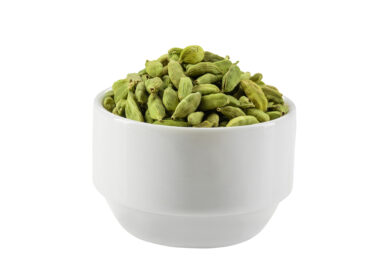
Chewing one cardamom pod every day helps reduce the chances of acidity and flatulence and also improves digestion.

Apple cider vinegar contains proteins, enzymes and pectin, making it a highly nutritious addition to your diet. Some people claim that reduced amounts of stomach acid may cause acid reflux, and this vinegar can introduce more acid into the system. However, it is advisable to consult a doctor before consuming it.
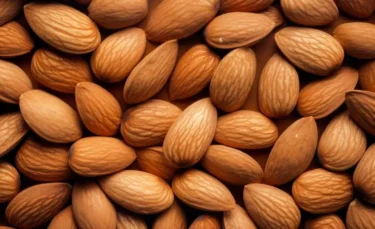
Almonds are rich in nutrients and fibre, which may help reduce the risk of heartburn and absorb acid. Though there is no substantial clinical evidence for the same. Acidity issues are linked to appetite and diet. Almonds can help regulate these factors due to their high nutritional value.

Jaggery contains potassium and magnesium. Potassium is essential for maintaining pH balance and stimulating mucous production in the stomach lining. This prevents an acid overload and helps relieve your symptoms. Magnesium is required to keep your digestive system strong and functioning normally, which reduces the risk of acidity and other digestive issues.
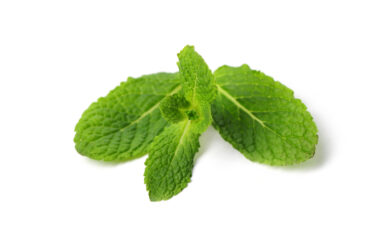
Mint leaves not only aid in digestion but also bring a cooling effect to your body. Mint leaves are a simple yet effective solution against acidity for temporary relief and long-term support against acid reflux.
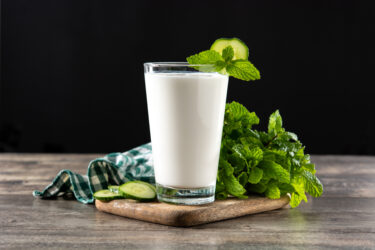
The lactic acid in buttermilk normalises the acidity in the stomach and gives a soothing effect. A glass of buttermilk topped with black pepper and coriander may help ease the symptoms of acidity.
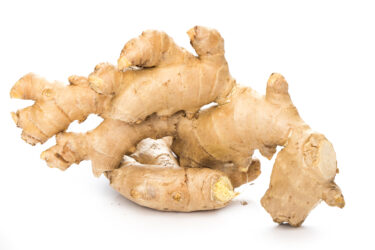
Chewing raw ginger or drinking ginger tea can prevent acidity and aid digestion. Ginger[11] stimulates digestive juices, helping break down food and preventing excess stomach acid. Its anti-inflammatory properties also soothe the digestive system, reducing discomfort from acidity.

Bananas are effective in neutralising acidity and alleviating heartburn. Combining bananas with milk can further help suppress excessive acid production, relieving digestive issues. This natural remedy provides soothing effects and promotes digestive comfort.

Papaya is beneficial for reducing gastric acid secretion and easing acidity due to its natural enzyme, papain[12]. Papain assists digestion by breaking down proteins and supporting a more balanced pH in the stomach. This enzyme’s properties contribute to relieving symptoms associated with acidity, making papaya a natural remedy for digestive discomfort.
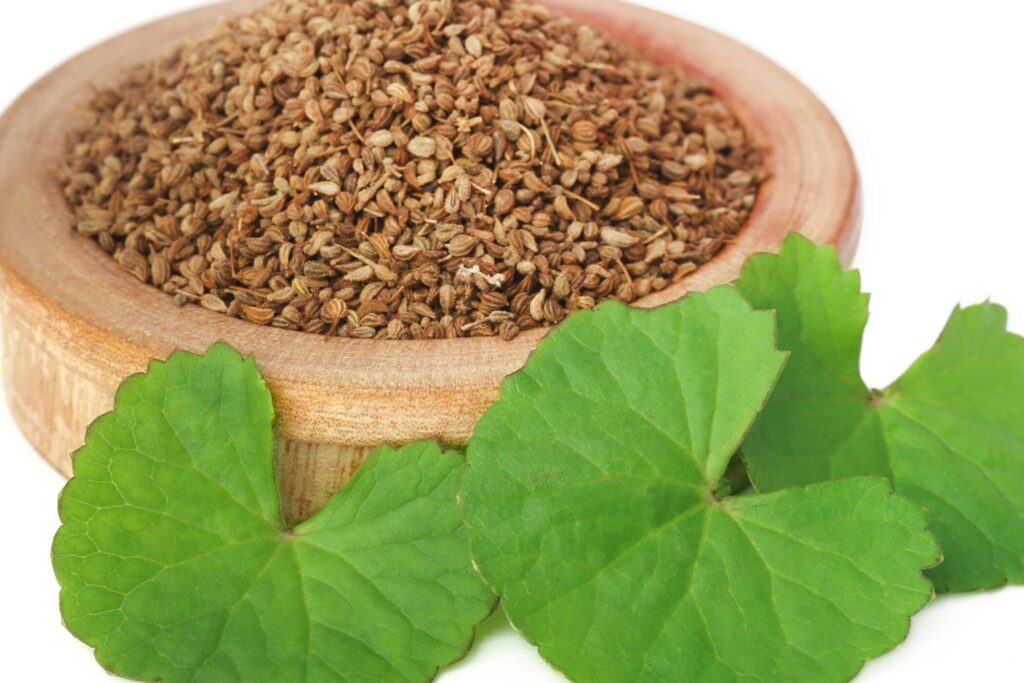
Consuming ajwain provides relief from acidity and flatulence. It is renowned for its digestive benefits and is an effective anti-acidic agent. Ajwain helps soothe the stomach and alleviate discomfort associated with acidity.

Drinking a glass of cold milk provides instant relief from acidity. The milk helps neutralise excess stomach acid, reducing the burning sensation and discomfort associated with acidity quickly and effectively[2] .
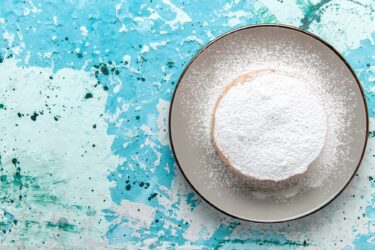
Mixing 1/2 teaspoon of baking soda in 1/2 cup of water offers rapid relief from acidity and heartburn. Baking soda, or sodium bicarbonate, neutralises stomach acid, easing the discomfort caused by acid reflux and heartburn[2].
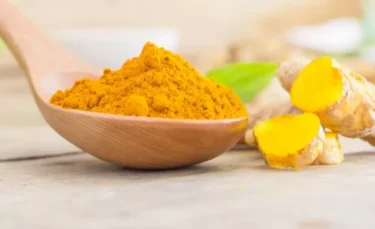
Turmeric contains curcumin, anti-inflammatory properties that can soothe the digestive system and reduce irritation caused by excess stomach acid[8]. Integrating turmeric into meals or consuming it as a supplement can be beneficial for managing acidity and related symptoms.

If food-based remedies don’t work, you can try non-food methods like sleeping on your left side. This position helps keep stomach acid below the oesophagus, reducing the risk of acid reflux. However, sleeping on your right side can make acid reflux more likely as stomach acid may reach the sphincter[9].

Some studies[3] show that chewing on gum may help reduce the acidity as the bicarbonate in it can help neutralise the acid to prevent reflux. More substantial research is required to support this finding, but chewing gum can also create more saliva, which can help clear the oesophagus.

Elevating the head of your bed can help reduce symptoms of acidity. Research[10] indicates that people who used a wedge to support and elevate their upper body may experience less acid reflux than those who slept flat. This is another effective home remedy that may provide relief.
Also Read: Causes Behind Recurring Stomach Pain
Also Read: Simple Home Remedies For Pinworms
Acidity symptoms can have a huge impact on your sleep and day-to-day activities. If you frequently experience these symptoms, it’s advisable to consult a doctor to understand the underlying reasons. A proper diagnosis, timely treatment, and home remedies can be helpful in managing acidity. Don’t ignore symptoms for a longer period, which can lead to more serious complications.
Also Read: Natural Home Remedies for Food Poisoning
You may consume antacids to get quick and effective relief from acidity symptoms. However, consult a doctor to understand how and when to consume them.
A sedentary lifestyle and unhealthy eating habits can cause acidity frequently.
If you experience severe heartburn or gastroesophageal reflux disease (GERD) often, you must consult a doctor. In case you are having difficulty swallowing or are taking pills for acidity every day and no home remedies are working for you, it’s time to seek medical help.
A gastroenterologist will be able to help you in relieving the symptoms and providing treatment for acidity. If a gastroenterologist is unavailable in your city, consult a general physician, but do not self-medicate or ignore the symptoms.
Yes, acidity can cause chest pain when stomach acid irritates the lining of the oesophagus, a condition known as acid reflux or heartburn. This discomfort is typically felt in the chest area, often behind the breastbone, due to the proximity of the oesophagus to the heart.
Acidity typically does not cause neck pain directly. However, severe acid reflux or GERD (gastroesophageal reflux disease) may lead to discomfort that radiates upward, potentially causing a sensation of throat tightness or irritation, which can be mistaken for neck pain.
Lemon is acidic, but it can have an alkalising effect on the body once absorbed. However, consuming large amounts of lemon or highly concentrated lemon juice may worsen acidity in individuals prone to acid reflux or GERD due to its acidic pH, potentially triggering symptoms in sensitive individuals.
Acidity can be a trigger for people with migraines. Severe acid reflux or GERD can lead to discomfort and disrupted sleep patterns, which may indirectly contribute to headaches in some individuals. Additionally, stress and anxiety often associated with acid reflux can also trigger tension headaches.
Acidity and pitta are related concepts in Ayurveda, where pitta is one of the three doshas (bioenergies) governing bodily functions. Pitta dosha, when aggravated, can lead to symptoms like heartburn, acid reflux, and acidity. Thus, while they differ, an imbalance in pitta dosha can contribute to acidity and related digestive issues.
Yes, curd (yoghurt) is often considered beneficial for managing acidity. It contains probiotics that can help maintain a healthy balance of gut bacteria, aiding digestion and reducing symptoms of acid reflux. However, individual tolerance may vary, and some people with severe acid reflux or lactose intolerance may find curd worsen their symptoms.
Yes, coconut water is generally considered suitable for acidity. It is alkaline and can help neutralise excess stomach acid, relieving symptoms like heartburn and acid reflux. Additionally, coconut water is hydrating and contains electrolytes, supporting digestive health. However, as with any food or beverage, individual responses may vary, so observing how your body reacts to coconut water is advisable.
Ice cream may worsen acidity for some individuals due to its high fat content, which can relax the lower oesophagal sphincter and allow acid to reflux into the oesophagus. Therefore, moderation is advised for those prone to acidity.
In common usage, “acidity” and “acid reflux” are often used interchangeably to refer to the same condition where stomach acid flows back up into the oesophagus, causing discomfort or pain. However, acidity can also refer more broadly to the level of acid in the stomach, while acid reflux describes specifically the movement of that acid upwards.
Disclaimer: The information provided here is for educational/awareness purposes only and is not intended to be a substitute for medical treatment by a healthcare professional and should not be relied upon to diagnose or treat any medical condition. The reader should consult a registered medical practitioner to determine the appropriateness of the information and before consuming any medication. PharmEasy does not provide any guarantee or warranty (express or implied) regarding the accuracy, adequacy, completeness, legality, reliability or usefulness of the information; and disclaims any liability arising thereof.
Comments

Leave your comment...

View all comments(13)
You may also like
Thanks for giving this information
Thank you, glad you liked it.
Very nice and simple information
excellent treatment i have tried these options and they really amazingly work
Thank you, glad you liked it.
Thanks
The content above was informative
For healthy life style one doubt is that oranges or navel oranges what’s the proper time to consume, bcos some suggest it’s good for those with cardiiac
Problems.
Informative. Lot of people suffer from acidity. These simple measures are helpful with very low cost. Tnx PharmEasy.
Thank you for this Valuable information.
thankyou
In my stomach thers is acidity. How I reduce it
these all items are good for acidity mostly Ajwain
nice article
nice